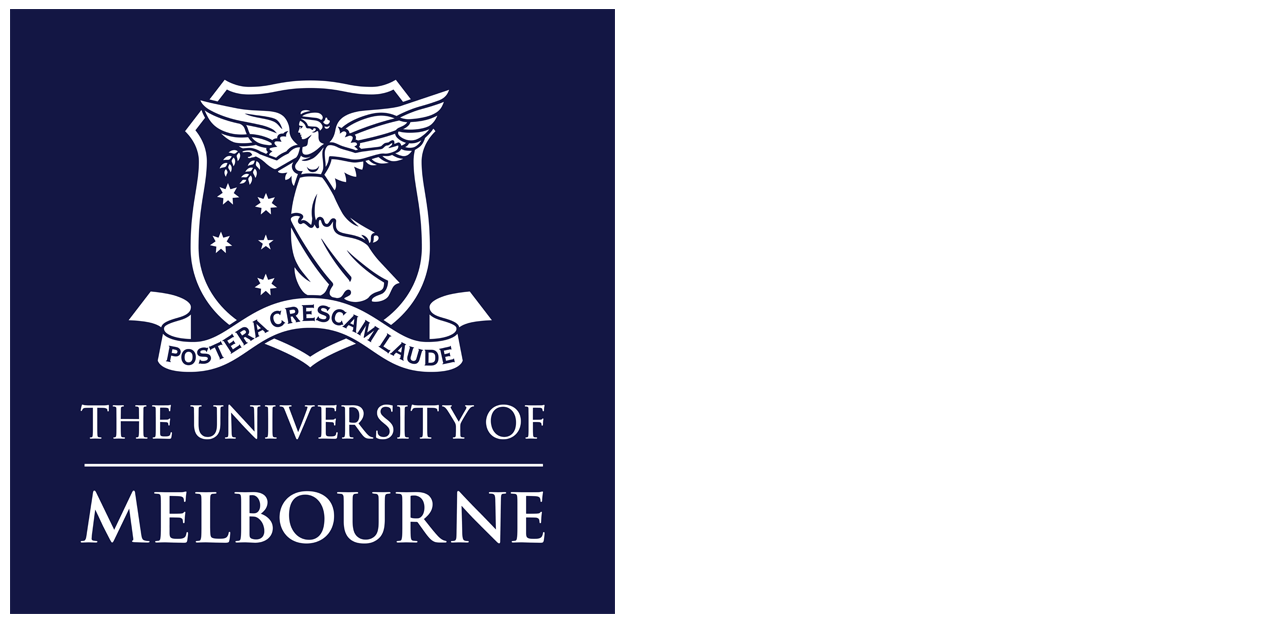

As we are all familiar, Native American tribal names appear on a wide swath of goods and places that bear little relation to the tribes whose names they reflect. Examples from the commercial marketplace are ubiquitous – from Mohawk carpets to Apache software, Oneida dishware to Chippewa boots, Yakama bike racks to Winnebago RVs. Tribal names are also pervasively present in the naming of lands and geographies, as the public’s increasing engagement with land acknowledgements demonstrates. Yet at the same time, these names can also be construed as cultural properties, enduring symbols of cultural heritage and tribal identity. This results in a foundational discordance regarding tribal names – as much as they constitute cultural properties from the perspective of the tribes who named them, they can also function in the marketplace as branded commodities.
Intellectual property law, increasingly, has inherited the discordance between these two poles. On one hand, through the language of the Indian Arts and Crafts Act, the law has sought to protect the authenticity of tribally-branded products by creating penalties for the sale of goods that falsely suggest that they are the products of a particular Native American tribe. But at the same time, the Lanham Act – the principal body of trademark law – has taken a very different approach when it comes to tribal names. At the same time that the Indian Arts and Crafts Act attempts to protect the authenticity of certain products, it has also offered an open-ended invitation to entities – Native and non-Native alike – to register tribal names for branded products. The result of this doctrinal dissonance, we argue, has facilitated a vast and troubling historical absence of Indigenous ownership at the PTO level.
In this lecture, we’ll explore the constitutive, empirical and juridical history of Native American tribal names that function as branded commodities. Beyond the high-profile cases that spill across the front pages of newspapers.
Doors open, catering served: 12:30pm
Event: 1pm – 1:45pm
Q&A: 1:45pm – 2pm
Professor Sonia Katyal
Professor Sonia Katyal’s work focuses on the intersection of technology, intellectual property, and civil rights (including antidiscrimination, privacy, and freedom of speech).
Professor Katyal’s current projects focus on artificial intelligence and intellectual property; trademark law, branding and advertising; the intersection between the right to information and human rights; and a variety of projects on the intersection between art law, cultural heritage and new media. As a member of the university-wide Haas LGBTQ Citizenship Cluster, Professor Katyal also works on matters regarding law, gender and sexuality.
Professor Katyal’s recent publications include Technoheritage, in the California Law Review; Rethinking Private Accountability in the Age of Artificial Intelligence, in the UCLA Law Review; The Paradox of Source Code Secrecy, in the Cornell Law Review; Transparenthood in the Michigan Law Review (with Ilona Turner); Trademarks, Artificial Intelligence, and the Role of the Private Sector, also in the Berkeley Technology Law Journal (with Aniket Kesari); The Gender Panopticon in the UCLA Law Review (with Jessica Jung); and From Trade Secrecy to Seclusion in Georgetown Law Journal (with Charles Tait Graves). She has also previously published shorter pieces with the New York Times, Washington Post, CNN, Boston Globe’s Ideas section, Hyperallergic, Los Angeles Times, Slate, and the National Law Journal, and has also been cited by the Supreme Court.
Professor Katyal has won several awards for her work, including an honorable mention in the American Association of Law Schools Scholarly Papers Competition, a Yale Cybercrime Award, and is a three-time winner of a Dukeminier Award from the Williams Project at UCLA for her writing on gender and sexuality. Her recent articles, The Paradox of Source Code Secrecy, was selected for inclusion in the Best Intellectual Property articles of 2019; and From Trade Secrecy to Seclusion (with Tait Graves) won the Law, Science and Innovation/Intellectual Property Prize from the Sandra Day O’Connor College of Law in 2022.
During the Obama administration, Katyal was selected by U.S. Commerce Secretary Penny Pritzker to be part of the inaugural U.S. Commerce Department’s Digital Economy Board of Advisors.